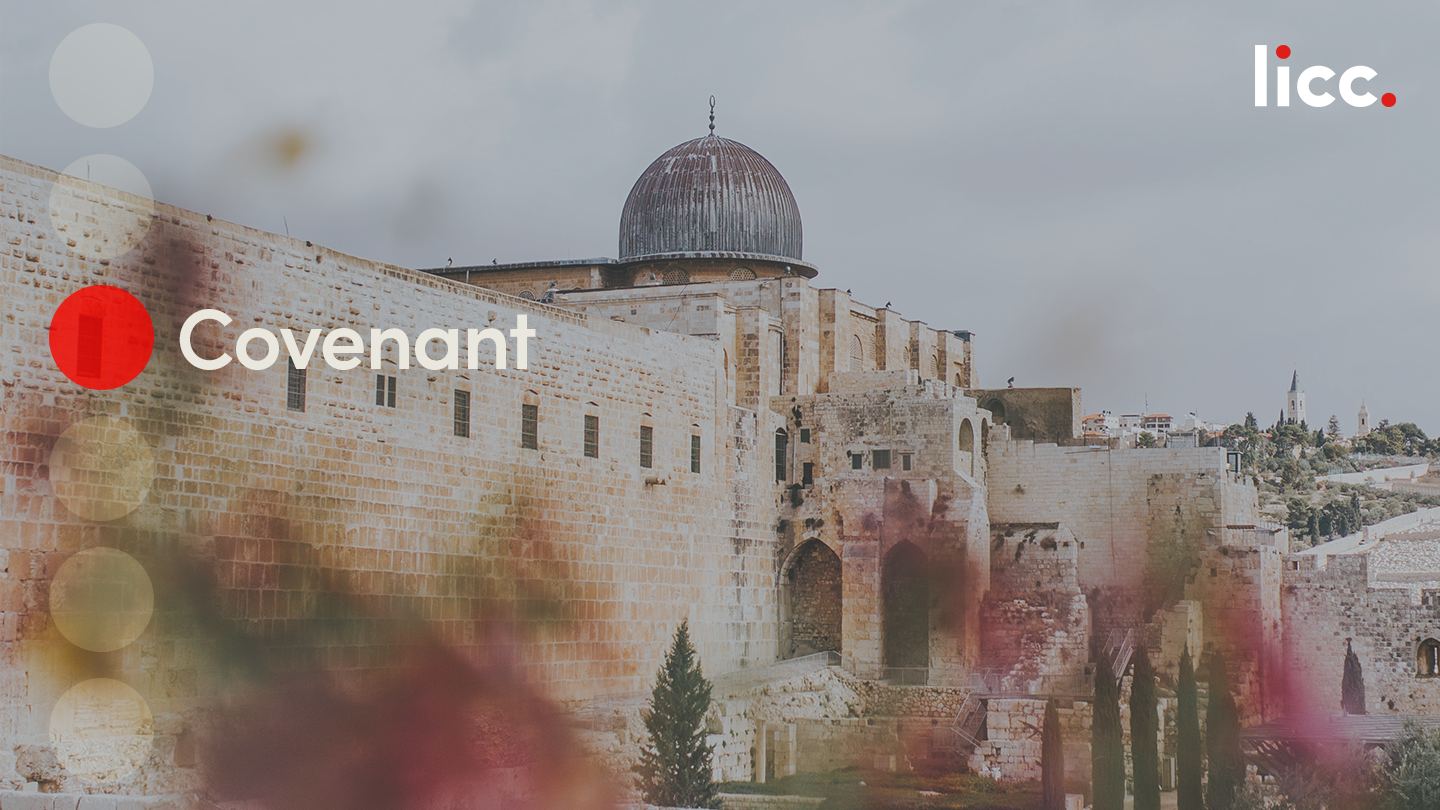Whole Life, Whole Bible: Journey through Scriptureنموونە


12: Holy, holy, holy
The life of the people of God is to reflect God’s own character: ‘Be holy because I, the Lord your God, am holy.’
The sheer range of regulations in Leviticus reminds us that the holiness in view touches all areas of life, not just the ‘religious’ ones; that holiness does not entail removal from the world but presupposes daily living in the world, as part of the rhythm of the week and the months, the cycle of the seasons; that holiness is not the preserve of the privileged few but is for all God’s people; that holiness is not a privatised experience but is bound up with living and working in community.
Nor is holiness about floating free in some ethereal existence, untouched by the messiness of life. Rather, it is earthed (literally sometimes, on the ground) in everyday life — in working crops, maintaining soil, buying and selling goods; in looking after parents, observing sabbath rests and providing for the poor; in how one works, what one eats and who one sleeps with — consciously countering cultural norms in the process, living in the world but not living like the world.
All of this is carried out as an integral part of our worship of a holy God.
Lest we reduce the principle of holiness to an abstract system of laws, ‘I am the Lord your God’ reminds Israel that redemption comes before regulations, relationship before rules. The law is bound up with a commitment to serve their covenant Lord, to be a distinctive people and to order their lives with each other appropriately. And it is for the greater end of fulfilling God’s promises to Abraham and the people’s calling to be a priestly kingdom, for the sake of the world.
And lest we despair, knowing that the Israelites will never be able to live up to their calling, Leviticus assumes the reality and consequences of sin and makes provision for restoration through sacrifice.
Of course, the new covenant necessarily changes the dynamics and the specifics, but the vocation to be a people set apart for God remains (1 Peter 1:13–16; 2:9–10), and, with it, the call to do things differently from those around us. As we do so, we can expect that the laws will still shape our moral vision, because they arise out of God’s holy character and express his mind for his people as we live in the face of the world for the sake of the world.
For further reflection and action
- Read through the so-called ‘Holiness Code’ (Leviticus 18-20) and make a summary of the laws contained in it. Perhaps make a note of any surprises, and reflect on them further, alone or in conversation with others. Follow up the echoes of Leviticus in 1 Peter 1:13–16 and 2:9–10. How does Peter ‘translate’ holiness for the Christians to whom he writes?
- What are some of the implications of the Old Testament law for a biblical worldview? Perhaps think personally about the implications for your own family life, business partnerships, leisure time, and so on.
- How would you respond to someone who claimed that the laws in Leviticus are so buried in the culture of the time that they should be seen as of little or no value for today?
Scripture
About this Plan

This 50-day reading plan walks you through the story of the whole Bible, and helps you reflect on how it shapes your whole life – at home, at work, in the neighbourhood. The bite-size readings and real-life application questions help illuminate God’s plan to renew all areas of life. Written by Antony Billington, Helen Parry, and Margaret Killingray, from the London Institute for Contemporary Christianity (LICC). Originally published by BRF.
More









